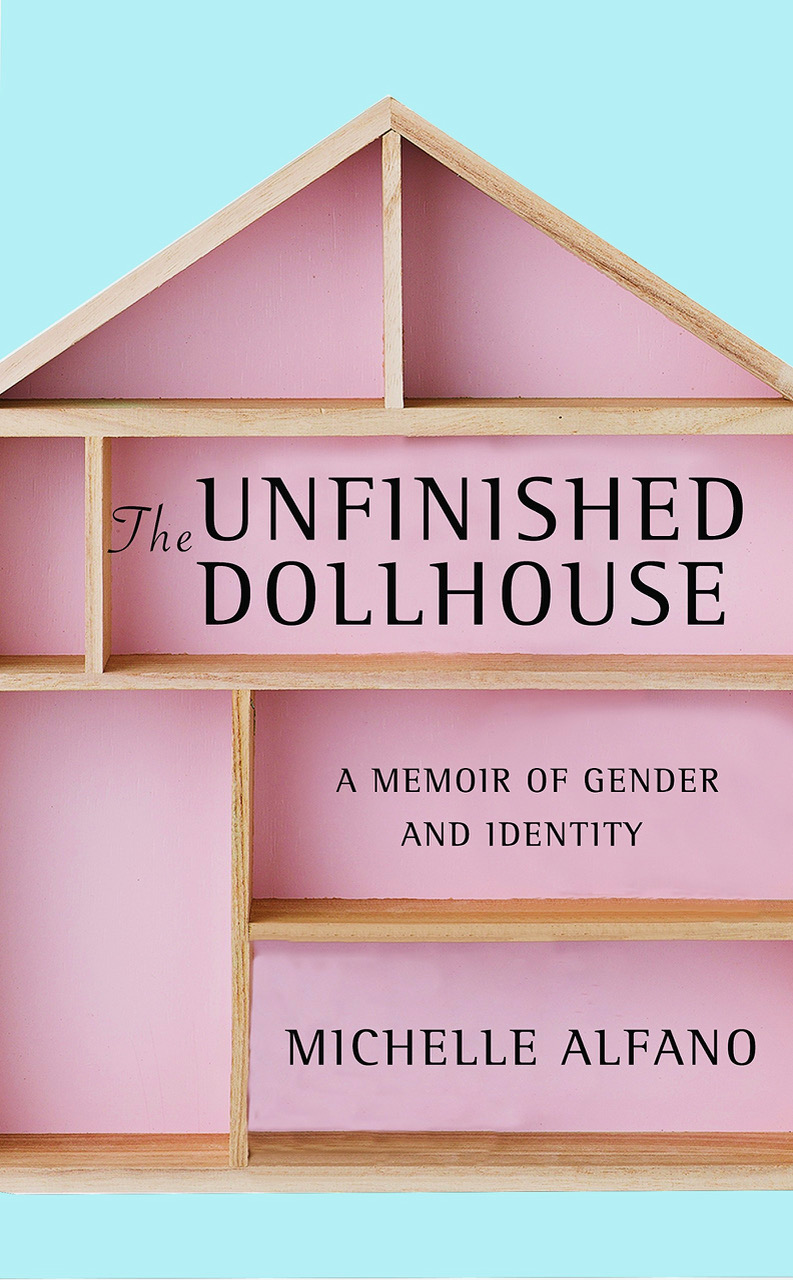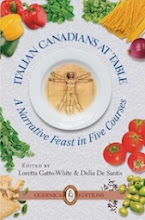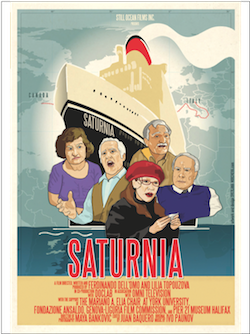 Things I’ve Been Silent About by Azar Nafisi (Random House, 2009) 333 pages
Things I’ve Been Silent About by Azar Nafisi (Random House, 2009) 333 pagesAzar Nafisi is a fascinating, courageous writer. I was captivated by her book Reading Lolita in Tehran: A Memoir in Books (2003).
I saw this initially as one Iranian woman's journey as, firstly, a citizen of Iran, then, citizen of the world. Now I see it as a love story about herself and her parents.
Perhaps I, like many other Westerners, haven’t been diligent enough in seeking out alternative images of Iranians to the ones we see in the Western media: religious fanatics, conservatives who advocate the veil, mullahs, anti-Western vitriol prevail here in the media coverage. But there is another side to Iranian culture: a vast store of literature and myth, legends and a complex history with larger than life figures. There is a secular, intellectual, cultured Iran filled with citizens who have risked life and status to challenge authority and injustice.
Nafisi is such as person and this memoir, serves, I think in part, as a homage to her parents who probably contributed the most to making her so.
It is a painfully honest recollection of growing up in Iran and abroad and she has said that the book was “a response to my own inner censor and inquisitor” which urged her to keep quiet about family secrets (a trait we Sicilians share with Iranians).
Our parents are our first loves and honestly I don't believe that ever really changes for anyone ... Nafisi delves into her relationship with her parents: her thwarted, beautiful and volatile mother Nezhat and her cultured, sensitive, politically active father, Ahmad Nafisi, a former mayor of Iran, who was imprisoned for years under trumped up charges during the Shah's reign.
She details her life in a prominent politically active, intellectual family; being educated in Switzerland, the U.K. and the U.S.; her first loveless marriage and sojourn in the States during the radical 1960s; her return to Iran as the Islamic revolution unfolds; her turbulent teaching career under clerical rule in Iran; and, her second marriage and the birth of her two children.
Both of her parents faced life changing events relatively early in life. Her mother had a complicated emotional life and a lifelong nostalgic desire for a previous husband who died at a young age and whom, she felt, could never compare to her second husband. Nafisi’s father, Ahmad Nafisi, feeling unacknowledged and undesired, threw himself firstly into politics (and served a prison term for his trouble) as Mayor of Iran and then into affairs with other women that the whole family knew about and tacitly accepted.
The Nafisi family lived through the worst of times in Iranian history: the reign of the Shah and the 1979 revolution. She honestly acknowledges her initial support of the Ayatollah Khomeini while a student in the U.S. because he denounced imperialism and the Shah. Had she read his book The Rule of Jurisprudence, she realized belatedly, she would have seen his misogynistic diatribes, anti-semitism and pronouncements against minorities ran contrary to her radical views.
Friends and family disappear into prisons, are murdererd in the streets, silenced by more radical forces. Family is torn apart by opposing views which support or denounce Khomeini. Nafisi loses a teaching post at a university because of her outspoken views, loses her passport and almost loses all hope for Iran.
Nafisi has enough self-knowledge that she recognizes how both parents contributed to her becoming a writer. Her complicated relationship with her mother and her mother’s exacting standards have likely turned her into the successful, highly driven person that she is who never accepted the restrictions that Iranian society imposed on her. Her father’s love of literature and poetry that he fed to her through stories and a recounting of Iranian history and art fed her romantic imagination.
One last passage which struck me forcibly because I identified with it so strongly:
"Sometimes I caught myself looking in the mirror and seeing my mother's face. I had never thought I looked like her, and when people told me I did, I would almost vehemently deny it. I looked like my father, I would tell them. Yet as the years went by I heard this remark more often ... It was not that I was like my mother in coloring or the slant of the eyes; it went deeper than that. There was an expression, a ghostlike intimation; as if a shadow had passed over my face. There she was in the mirror, not kind or generous, but cold and relentless."
















